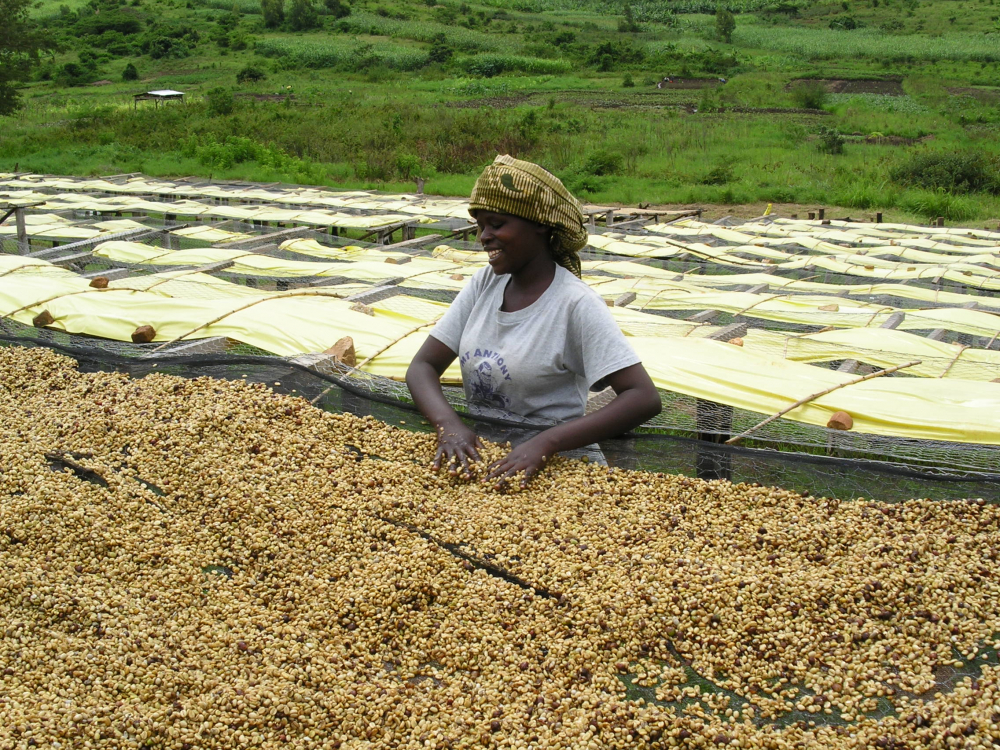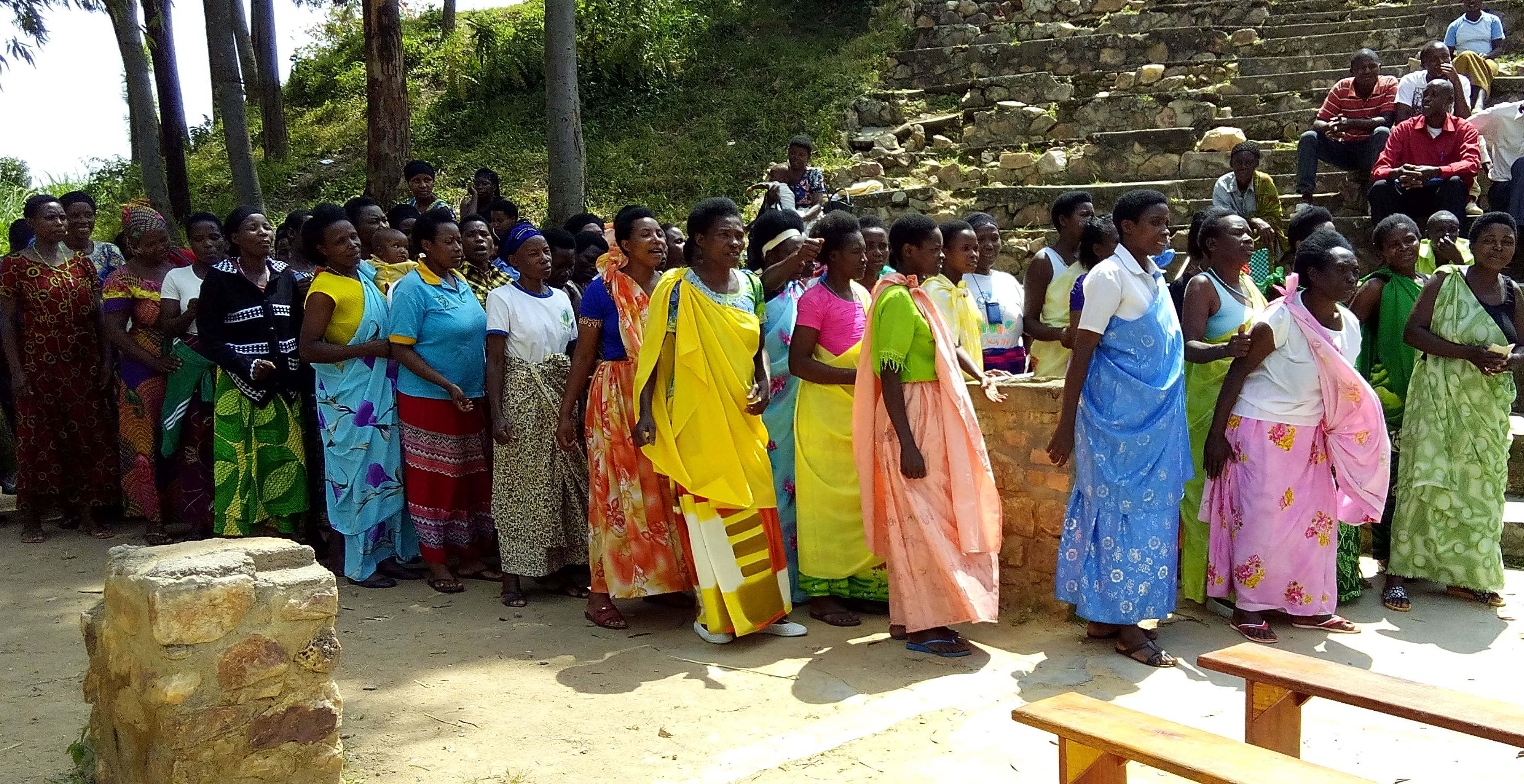Rwanda
Did you know?
About
A densely populated and landlocked state in eastern Africa, Rwanda consists mainly of mountains and plateaux to the east of the Rift Valley. The climate is warm with a summer dry season.
Rwanda has come a long way since the horrendous civil war between 1990-1994 where according to independent estimates more than 500.000 people have been killed, leaving the country in ruins and the society dilacerated. Rwanda’s income per person slumped to $150 during the civil war, in 2017 it was $700. Since 2000 Rwanda GDP has been expanding by 8% a year - making it one of the fastest-growing economies in the world - still one of the poorest though. This economic revival has been initially ignited by foreign aid - in 2006 aid represented a quarter of the GDP and around half the government’s budget - in 2017 it was 5% and 17% respectively. Since 2000 better farm incomes (coffee representing 75% of the export) have been providing for organic growth.
Mainly Arabica
Production is mostly Arabica. The information regarding Robusta is not as precise as it is for Arabica. In most of the isolated regions where borders are more or less defined, there are variations in production which distort the statistics.
Nice to know
Rwanda is a landlocked country for whom coffee is still a crucial item in terms of export revenues. After the genocide production fell to almost half of what it used to be. Current low prices will definitively not help to rehabilitate coffee farming. Coffee needs at least ten days of travelling to get to the shipping ports. This expensive transport is putting an additional burden on local coffee prices.
Coffee facts
Crop Periods
Flowering Period |
|
Main: from September until October |
Harvesting Period |
|
Main : From March until July |
|
Secondary : From October until December |
Shipping Period |
|
Main : From May until October |
Transit days
Ports of Shipment |
Imp. |
EU |
US |
|
Dar-Es-Salaam |
30% |
21 |
36 |
|
Mombasa |
70% |
21 |
36 |
Destination countries
1. Germany
2. Belgium
3. France, Finland, Sweden
ICO Figures
Classifications
Varieties
Production is mainly Arabica with a typical variety of Bourbon (Harrar; POP3303/21; Jackson 2/1257; BM 139)
Processing
Processing
|
Picking |
handpicking |
|
Washing |
ordinary: pulped manually and semi-washed manually at farmers home Fully washed: pulped, fermented and further washed at washing stations |
|
Fermentation |
|
|
Drying |
Sun-drying |
|
Sorting |
Mechanical cleaning |

Coffee Environment
The coffee export trade has been entirely privatised after the nineties. Only a few companies are involved with coffee exports, competing heavily against each other to buy parchment coffee from the "marchands" (local traders) and growers.
OCIR CAFE, which is the governmental body for coffee in Rwanda, delivers exports licences and monitors local and export prices. They also help farmers with agronomic assistance.
All the coffee that is exported, has to be stored at OCIR's warehouses prior to export. The export quality grading and cupping is done by OCIR, who delivers a quality certificate to the exporter.
Most growers are all smallholders, processing the cherries in their own villages and deliver the coffee to the exporter in parchment.
As in Burundi, the government of Rwanda has laid measures to increase the production of Fully Washed coffee in detriment of semi-washed. Since 2016, farmers have to deliver their coffee to the county-district washing station assigned to them. The price of the cherry is set by the government.
Nice to know
Rwanda is seen by many as an example for economic growth and stability - it profiles itself as the switzerland from Africa. Rwanda has more female MP’s than men.
Critics will point up the rule of force and the intimidation of opposition political parties
The country has very limited natural ressources except for coffee and tea. Efforts are made to diversify to other products such as flowers.


